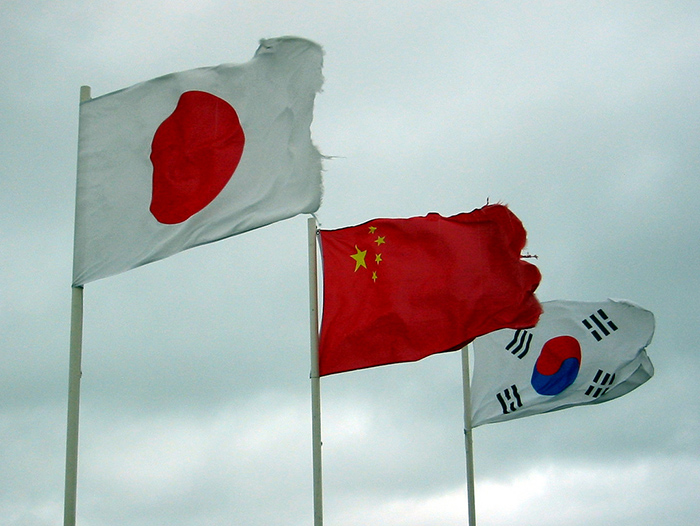Q2. Foreign policy scholars argued that transnational actors influence the contours of any country’s foreign policy. Discuss keeping in mind the foreign policy of China. 2022

Foreign policy scholars indeed emphasize the influence of transnational actors on the foreign policy of countries, including China. China’s foreign policy is shaped by a variety of factors, including its own national interests, historical context, domestic politics, and global power dynamics. However, transnational actors play a significant role in influencing China’s foreign policy in several ways:
- Economic Interdependence: China’s economic growth and integration into the global economy have made it highly interdependent with other nations. Transnational corporations, multinational organizations, and global financial institutions exert influence on China’s foreign policy through trade relations, investment flows, and economic partnerships. China’s economic considerations often influence its stance on various international issues, including trade agreements, investment policies, and regional economic integration.
- Diplomatic Engagements: Transnational actors, such as non-governmental organizations (NGOs), think tanks, and academic institutions, engage with China on various diplomatic issues. They facilitate people-to-people exchanges, track human rights concerns, provide policy recommendations, and advocate for specific causes. These interactions can shape China’s foreign policy by influencing public opinion, highlighting international norms, and providing alternative perspectives.
- Multilateral Institutions: China’s involvement in multilateral institutions, such as the United Nations (UN), World Trade Organization (WTO), and regional organizations like the Shanghai Cooperation Organization (SCO), exposes it to the influence of transnational actors. China’s foreign policy decisions are influenced by the norms, rules, and collective actions within these institutions. Transnational actors, through their participation and advocacy, can shape China’s positions on various issues addressed within these multilateral platforms.
- Technological Interactions: China’s increasing technological capabilities and engagement with the global tech industry create opportunities for transnational actors to influence its foreign policy. Technological companies, research institutions, and cybersecurity organizations engage with China on issues such as data governance, intellectual property rights, and emerging technologies. These interactions shape China’s approach to technological cooperation, regulations, and security concerns.
- Diaspora and Cultural Ties: The Chinese diaspora, with its global presence, maintains cultural and economic ties with China. Transnational Chinese communities can influence China’s foreign policy by advocating for issues important to their communities, acting as bridges for business and cultural exchanges, and shaping public opinion both within China and in their host countries.
It is important to note that while transnational actors can exert influence on China’s foreign policy, the Chinese government maintains a strong central control over decision-making processes. The Communist Party of China (CPC) sets the overall direction and priorities of foreign policy, and its leaders ultimately determine the course of action.
In summary, transnational actors exert influence on China’s foreign policy through economic interdependence, diplomatic engagements, multilateral institutions, technological interactions, and diaspora ties. While China’s foreign policy is shaped by a complex array of factors, transnational actors play a significant role in shaping its contours and influencing its positions on various international issues.